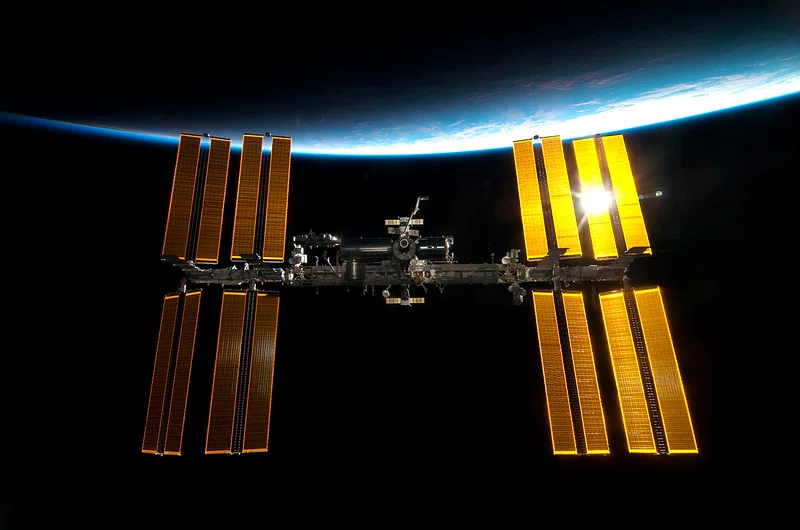Beijing, Oct 15: China on Tuesday announced plans to launch a manned lunar mission, construct a lunar space station and explore habitable planets and extra-terrestrial life to expand its space programme in the next few decades.
China’s top space bodies unveiled a national mid- and long-term development programme for space science, which will guide the country’s planning of space science missions and space research from 2024 to 2050.
An established space power, China in recent years built its own space station which is currently in operation besides launching several space missions, including a lunar probe that collected samples for the first time from the far side of the Moon and brought them back to Earth for scientific studies.
The programme released by the China Academy of Sciences (CAS), China National Space Administration and the China Manned Space Agency to the media here outlined the goals of China’s space science, including 17 priority areas under five key scientific themes, and a three-phase roadmap.
The international lunar research station initiated by China will be constructed during the second phase from 2028 to 2035, Ding Chibiao, vice president of the CAS, told the media here.
The programme also outlines a roadmap for the development of space science in China through 2050.
In the first phase, leading up to 2027, China will focus on the space station operation, implementing the manned lunar exploration project, the fourth phase of its lunar exploration programme and the planetary exploration project.
Under the new plan, scientists will also explore the habitability of celestial bodies in the solar system and exoplanets and search for extraterrestrial life, he said.
Key areas of space development in the coming years will be the origin and evolution of the solar system, characterisation of planetary atmospheres, the search for extraterrestrial life, and exoplanet detection, Ding said.
The theme of the extreme universe focuses on exploring the origin and evolution of the universe, revealing the physical laws under extreme cosmic conditions, dark matter and the universe’s origin and evolution, as well as the detection of cosmic baryonic matter, according to the programme.
Studies will be conducted on detecting medium to low-frequency gravitational waves and primordial gravitational waves, with the goal of uncovering the nature of gravity and space-time, and the exploration of the Sun and the Earth.
Priority areas include Earth’s cycle systems, comprehensive observations of the Earth-Moon, space weather observation, three-dimensional solar exploration, and heliosphere exploration, according to the programme. (PTI)




